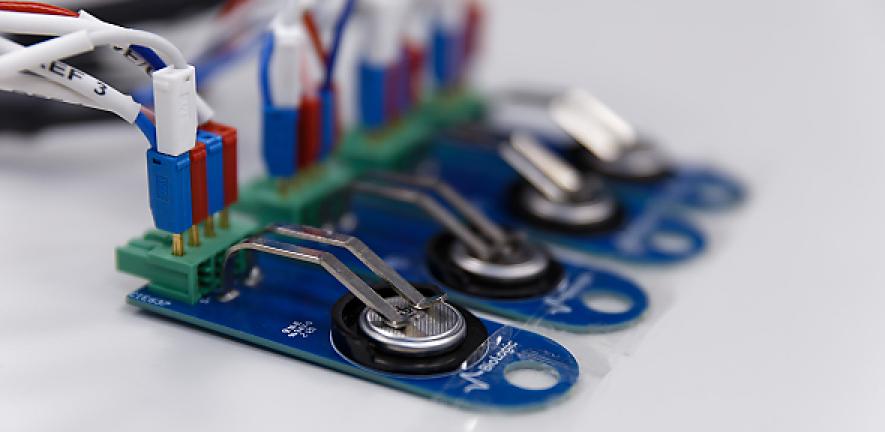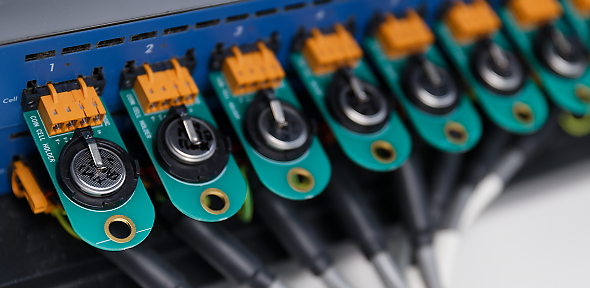
Research led by Jamie Gittins, Ada Chen and Dr Alexander Forse at the Yusuf Hamied Department of Chemistry at the University of Cambridge has addressed reproducibility in the analysis of supercapacitor test data.
The authors shared supercapacitor analysis files with 14 different laboratories around the world, and asked them to report back different performance parameters which help to determine the overall performance of the device. The study, published in Journal of Power Sources, revealed some interesting variability between different research groups.
Supercapacitors are fast-charging energy storage devices that are complementary to batteries. They have many important applications including in electric vehicles, grid management, and as back-up power supplies, so will play an important role in reducing greenhouse gases in the coming years.
Dr Alexander Forse commented that: “For well-behaved or “ideal” supercapacitors, the 14 laboratories reached good consensus on the energy storage performance. However, there were huge variations in the performance results for devices that showed “non-ideal” charging data.
“This means the community needs to rethink how to report energy storage performance for such non-ideal devices which show more complex charging behaviour than assumed when performing the analysis.”
Jamie Gittins added: “Importantly, in our first study we didn’t ask the participants to make supercapacitors themselves, but simply asked them to analyse data obtained in our own laboratory. The next step in this study is to assess the variation in performance reported when different laboratories both make and test the supercapacitors.”
The authors are planning the next phase of this study and invite experienced supercapacitor researchers to contact Dr Forse if they are interested in participating.
Finally, the authors thank the participants of the study, as well as UKRI for funding.

Background
Research on supercapacitors very often focuses on preparing new electrode or electrolyte materials, two key components of these devices, and then testing their performance in supercapacitors with a series of electrochemical tests. These kinds of studies have previously discovered new electrodes and electrolytes that can store more energy than previous materials, resulting in better supercapacitor performances.
A crucial thing that has been missing until now, however, is a study to check that different laboratories obtain comparable results when testing and analysing supercapacitors. This is essential if the community is to agree on the best materials for supercapacitors and make progress on improving them.

